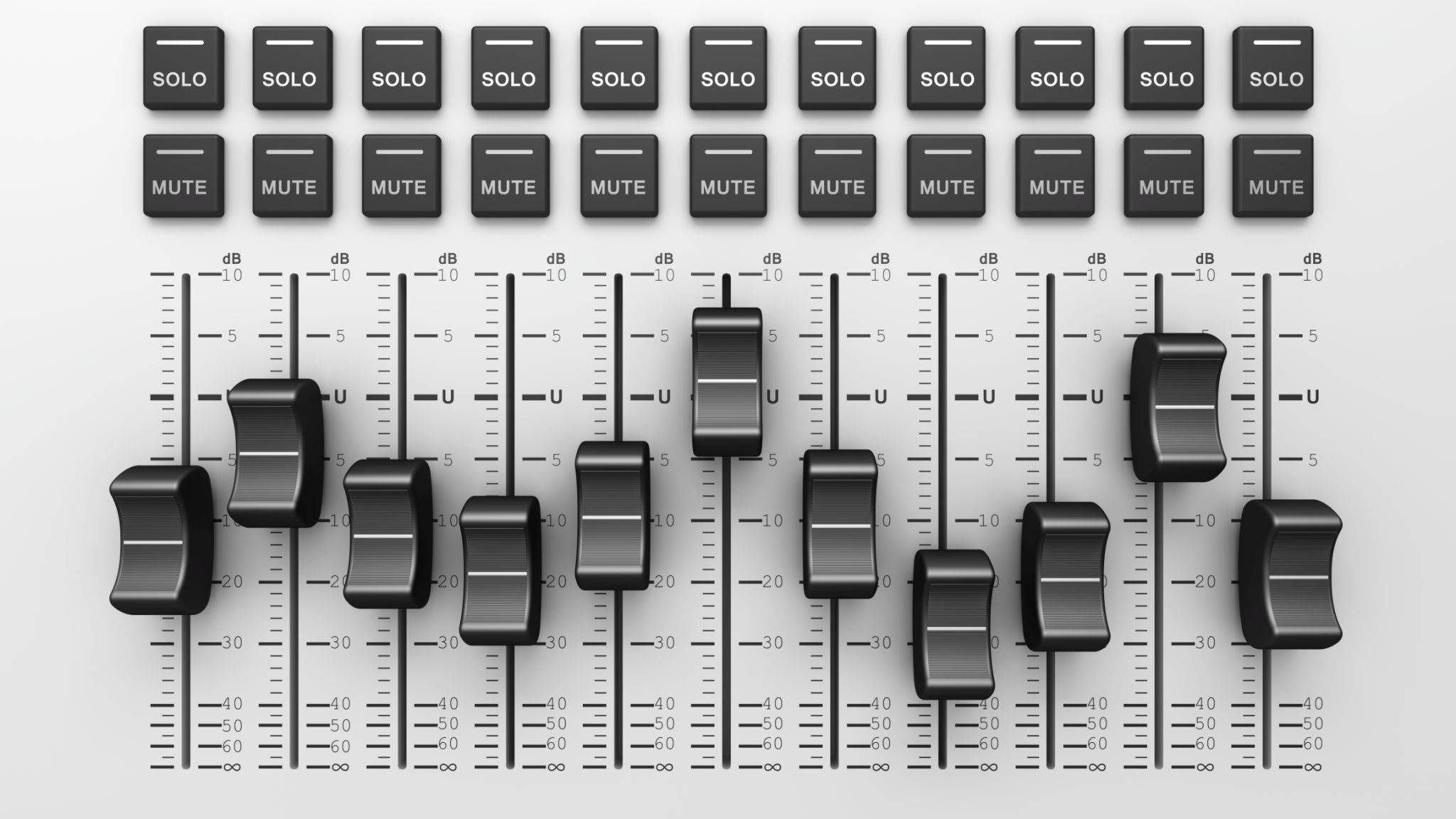How to Get Your Music Licensed for TV Shows: Steps to Success
Understanding Music Licensing
Music licensing is a crucial step for artists aiming to have their work featured in TV shows. It involves granting permission for your music to be used in various media, which can lead to substantial exposure and income. Understanding how music licensing works is the first step towards getting your music heard by a wider audience.
There are several types of licenses you need to be aware of, including synchronization licenses, which allow your music to be paired with visual media, and master licenses, which cover the use of the actual recording. Knowing these basics will help you navigate the licensing process more effectively.

Prepare Your Music
Before you can get your music licensed, you need to ensure it is ready for submission. This means you should have high-quality recordings of your tracks. Sub-par audio won't make the cut in a competitive market. Invest in professional production and mixing to ensure your music stands out.
Additionally, having a well-organized catalog of your music is beneficial. This includes metadata like song titles, genres, BPM, mood descriptions, and contact information. A detailed catalog makes it easier for music supervisors to find and select your tracks.

Research Potential Opportunities
Once your music is ready, it's time to identify potential opportunities for licensing. Research TV shows that align with your musical style and audience. Consider the type of music typically featured in these shows and whether your tracks would be a good fit.
Networking is also essential. Attend industry events, join online music forums, and connect with professionals in the TV and film industry. Building relationships with music supervisors can increase your chances of getting your music noticed.

Create a Winning Pitch
Your pitch is your chance to sell your music to industry professionals. Craft a compelling pitch that highlights the unique qualities of your music and how it fits the show’s aesthetic. Include links to streaming versions of your tracks, so they can easily listen without downloading files.
Be concise and professional in your communications. Remember, music supervisors receive numerous submissions daily, so clarity and brevity are key. Tailor each pitch to the specific needs of the show or project you’re targeting.
Understand Legalities and Contracts
When a TV show decides to use your music, you'll need to sign a licensing agreement. It's crucial to understand the terms and conditions outlined in these contracts. Consider consulting with a music lawyer to ensure that your rights are protected and that you fully comprehend the agreement.
Pay attention to details such as compensation, duration of use, and territorial rights. Knowing these aspects will help prevent any legal issues or misunderstandings down the line.

Follow Up and Build Relationships
After submitting your music or signing a licensing agreement, following up is an important step. It shows your professionalism and eagerness to collaborate. A polite email checking in on the status or any feedback can keep you on the supervisor's radar for future projects.
Building long-term relationships with industry professionals can lead to more opportunities. Networking doesn’t stop after one deal; continue to nurture these connections for sustained success in getting your music licensed for TV shows.
